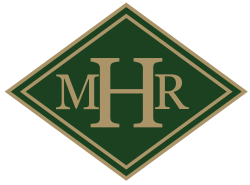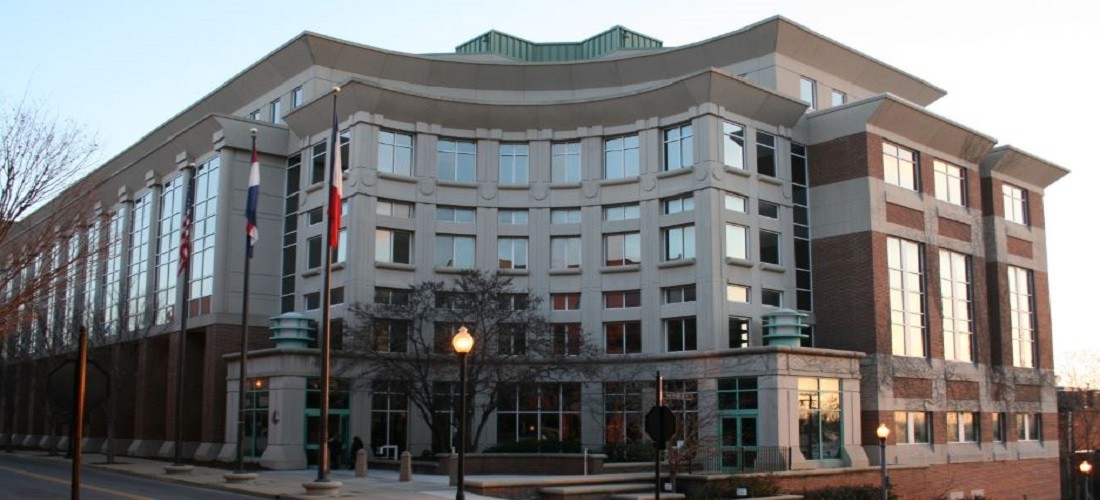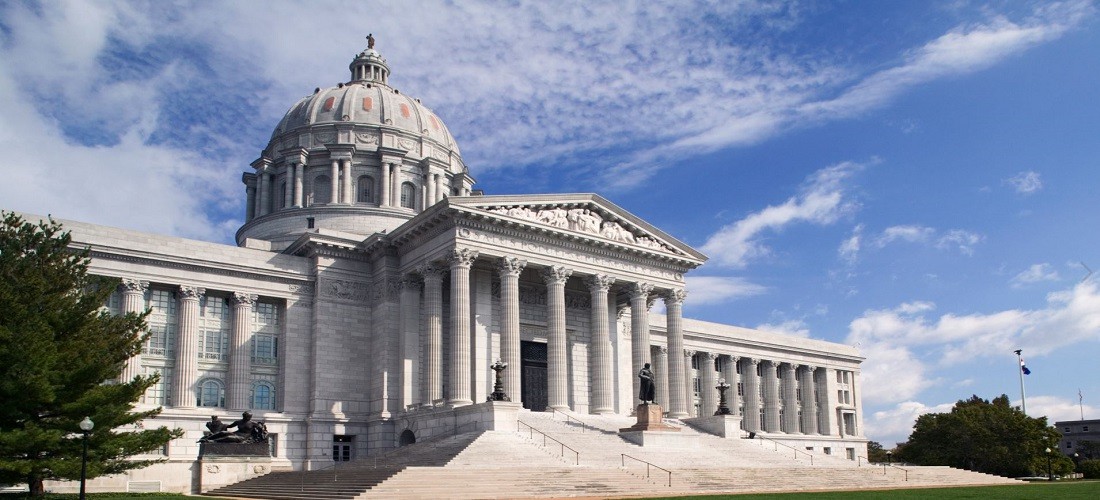O'Fallon, MO 63366
O’Fallon Bankruptcy Lawyer, Michael R. Hanson – Getting Rid of Your
Debt:
 We
know that financial hardships can happen to anyone.
Unplanned medical expenses, divorce, job loss and other financial
hardships can make it difficult to pay your bills. Bankruptcy may be the
best solution to help resolve those hardships and get a fresh start
without the burden of unaffordable debt.
We
know that financial hardships can happen to anyone.
Unplanned medical expenses, divorce, job loss and other financial
hardships can make it difficult to pay your bills. Bankruptcy may be the
best solution to help resolve those hardships and get a fresh start
without the burden of unaffordable debt.
For 30 years, we have filed Chapter 7 bankruptcy cases.
We’ll walk you through the bankruptcy process every step of the
way. We offer free initial
consultations where we would be happy to answer all of your
bankruptcy-related questions and determine what options you have in your
individual situation.
O’Fallon Bankruptcy Attorney – Chapter 7:
Chapter 7 bankruptcy is the most common form of bankruptcy filed.
It is known as a "fresh start" bankruptcy, as it allows you to
regain control of your finances and start fresh with your debt.
After completing a court-approved financial counseling session,
you begin the process by filing a bankruptcy petition.
This document requires information about you, your assets, your
debts, and your current budget.
O’Fallon Bankruptcy Lawyer – Guiding You Through the Process:
Along with the petition, you will need to provide documentation
regarding your wages and other income, bank accounts, retirement
accounts, insurance policies, prior divorce decrees, proof of the value
of your real estate and vehicles, and past tax returns.
Because the purpose of these filings is to provide the bankruptcy
trustee with an accurate picture of your financial condition, it is
critical that you fully reveal all of your assets and all of your debts,
even those debts you wish to keep, such as your house and your vehicles.
You are allowed specific exemptions of real and personal property under
state law. This means you
may be able to keep some of your property.
When you hire Michael R. Hanson, he will explain these exemptions
to you. In many cases,
after applying the state exemptions, debtors will own nothing for the
trustee to claim, sell and pay out to your creditors.
O’Fallon Bankruptcy Attorney – Helping You Wipe Out Debt:
A successful Chapter 7 bankruptcy filing is to discharge or wipe out
your qualifying unsecured debt.
Unsecured debts are when the creditor does not hold any security
(title), such credit cards, medical bills and pay day loans.
You may also discharge secured debt, such as a house and vehicle,
but if you do, the creditor has the right to foreclose on your house or
repossess your car. In addition, certain debts by law are not
dischargeable, such as child support and alimony obligations, student
loans and certain taxes.
O’Fallon Bankruptcy Lawyer – Finalizing Your Bankruptcy:
The next step is the meeting of creditors, also called a 341 hearing.
At the creditor meeting, you will present your driver's license
or state identification and your Social Security card to the bankruptcy
trustee who will verify your identity.
The trustee will then ask you questions about the petition,
specifically about your assets, and tape record your answers. The
trustee will then provide an opportunity for any creditor who come to
the meeting to ask you questions. Rarely do creditors appear.
About two months after the hearing you will obtain a paper in the mail
entitled Discharge of Debtor, which indicates that the file has been
closed and those debts that can be discharged have been discharged. Once
a debt has been discharged, you are no longer obligated to make
payments.

 Serving the communities of St. Louis, St. Charles, Lincoln, Warren and beyond.
Serving the communities of St. Louis, St. Charles, Lincoln, Warren and beyond. Serving the communities of St. Louis, St. Charles, Lincoln, Warren and beyond.
Serving the communities of St. Louis, St. Charles, Lincoln, Warren and beyond. Serving the communities of St. Louis, St. Charles, Lincoln, Warren and beyond.
Serving the communities of St. Louis, St. Charles, Lincoln, Warren and beyond. Serving the communities of St. Louis, St. Charles, Lincoln, Warren and beyond.
Serving the communities of St. Louis, St. Charles, Lincoln, Warren and beyond.
Serving Missouri For Over 30 Years